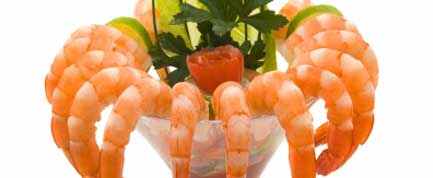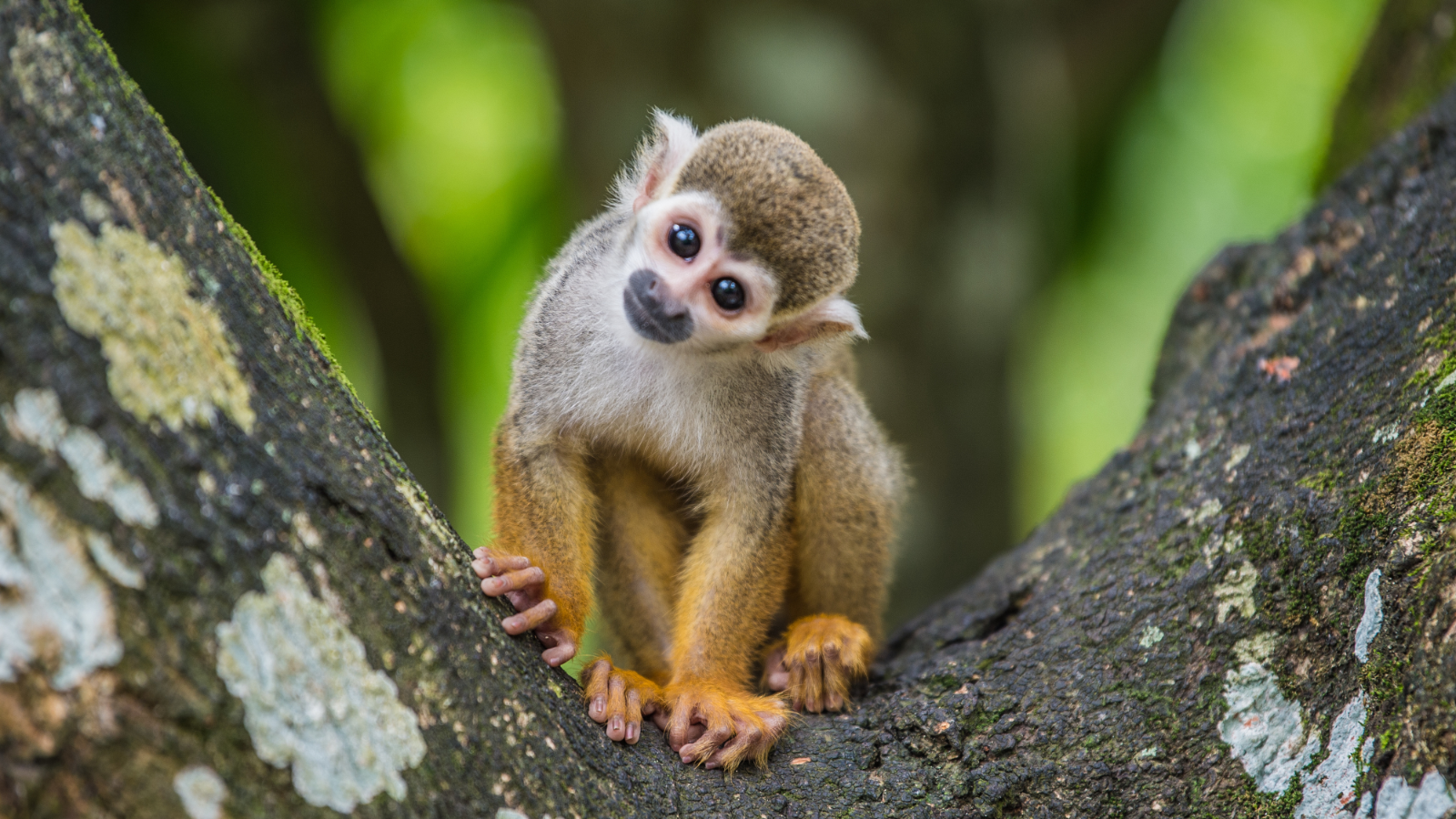Powerful Ideas: Shrimp Cocktail Helps Make Biodiesel

Editor's Note: This occasional series looks at powerful ideas — some existing, some futuristic — for fueling and electrifying modern life.
Shrimp cocktails could help out fuel tanks, scientists now reveal.
As concerns over global warming and dwindling fossil fuel reserves increase worldwide, more and more interest is growing in renewable fuels such as biodiesel to fill energy demands. However, biodiesel production techniques require catalysts to speed up the chemical reactions that convert soybean, canola, and other plant oils into diesel fuel, and so far catalysts both cannot be reused and must be neutralized with large amounts of water, leaving behind large amounts of polluted wastewater.
Now scientists in China have developed a new catalyst made from shrimp shells that could transform biodiesel production into a faster, cheaper and more environmentally friendly process.
The researchers at Hua Zhong Agriculture University in Wuhan, China, and their colleagues first heated shrimp shells for hours, transforming it into a highly porous framework material. They next loaded its extensive surface area with potassium fluoride, making it catalytic.
In lab tests, the cheap, biodegradable shrimp shell catalyst converted canola oil to biodiesel faster and more efficiently than some conventional catalysts, demonstrating 89 percent conversion in three hours.
The new catalyst also can be reused and the manufacturing process led to less pollution and waste, the scientists note.
Get the world’s most fascinating discoveries delivered straight to your inbox.
"I find it very exciting to see scientists looking outside the box to continue research in energy development," said chemist Brian Trewyn at Iowa State University in Ames, who did not participate in this study. Still, he noted that industrializing shrimp shell catalysts would prove challenging.
The scientists are scheduled to detail their findings in the August 20 issue of the journals Energy & Fuels.



